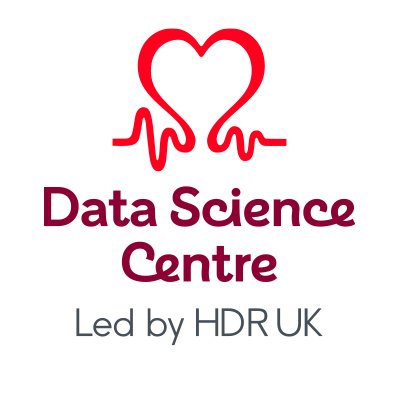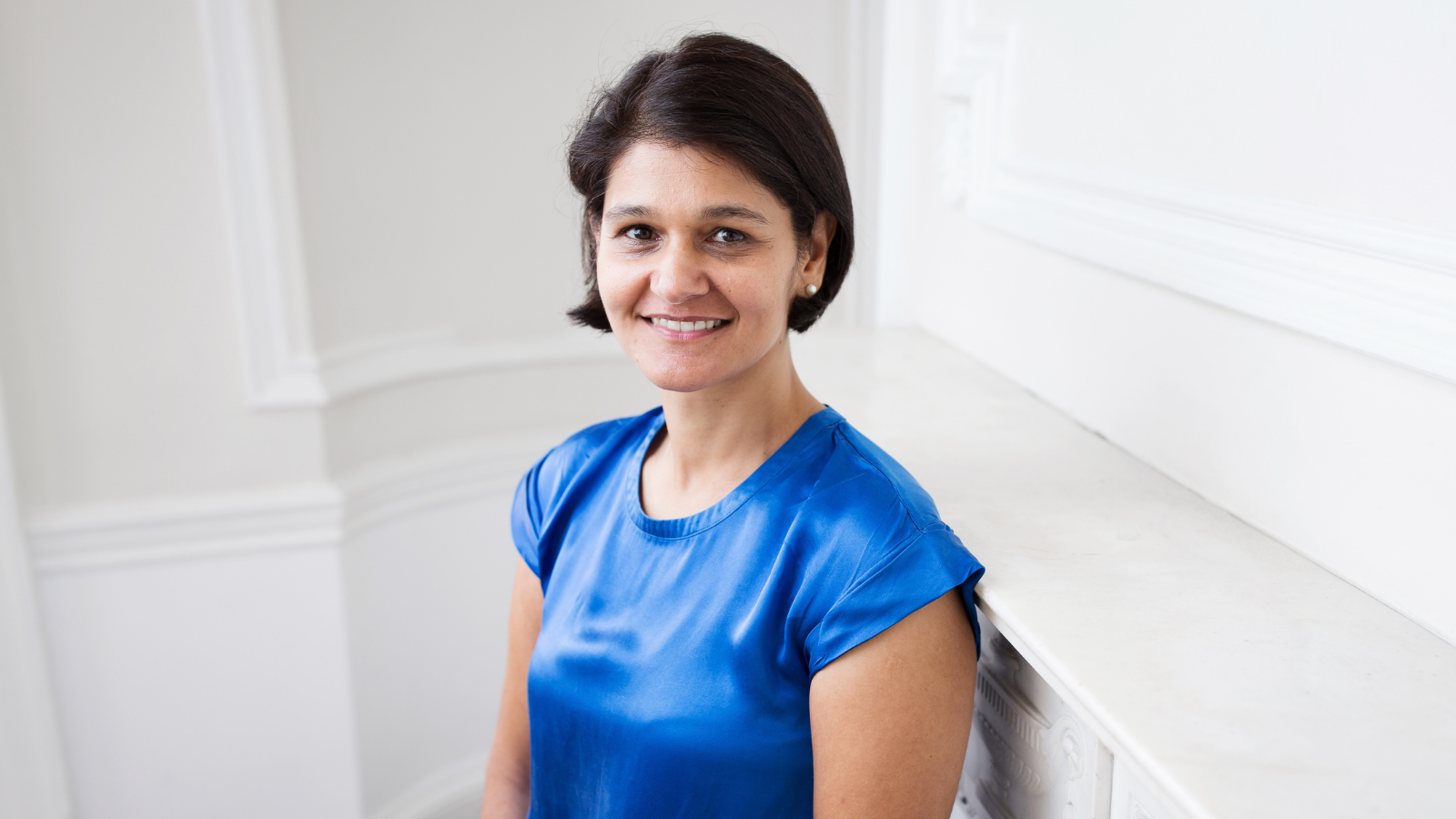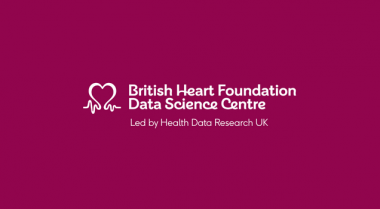Cohort linkage set to strengthen diabetes and heart disease research
6 March 2023
A team from Swansea University has been awarded funding from the BHF Data Science Centre to launch an exciting data science initiative to enhance UK cohort studies for public good.
Researchers from Population Data Science at Swansea University Medical School will use the funding to co-develop a secure and trustworthy platform within their existing accredited Trusted Research Environment (TRE) – SAIL Databank – with a focus on supporting cardiovascular and diabetes research cohorts.
The aim of the new platform is to provide a mechanism for disease-based cohorts to link their research data with routine health care information to enrich the information gathered.
Research cohorts – such as UK Biobank, the Lothian Birth Cohorts and Whitehall II – are studies that follow up people over a long period of time, collecting detailed information about participants across a wide range of measures, which could include socioeconomic status, age, blood test results, scanning and genetics. Unlike so-called population cohorts, disease-based cohorts recruit people who have a specific disease or condition, or are at high-risk of developing it.
Disease cohorts linked to routine health data collected by the NHS, for example, a participant’s hospital record, provide valuable insights because they allow for long-term follow-up of people after they have participated in a study, meaning that the treatment, management and consequences of disease beyond the time they participated can be studied.
Linkage also allows researchers to refer to records from before the onset of disease. This means researchers are uniquely placed to pinpoint early events or changes in a person’s biology that could have contributed to that disease developing. This enables a better understanding of the cause of disease and research into how we might best prevent disease.
The platform development team will allow for different forms of data analysis, but will also enable advanced techniques, for example, machine learning. The newly created cohorts and associated linked data are de-identified and held in SAIL Databank’s privacy-protecting environment, accessible only to approved researchers via SAIL’s independent Information Governance Review Panel (IGRP) process.
To ensure that public benefit remains at the heart of the initiative, members of the BHF Data Science Centre patient and public advisory group will be involved throughout the development of the platform.
BHF Data Science Centre Associate Director Professor Reecha Sofat, said:
“The central aim of the BHF Data Science Centre’s cohort work is to provide a way for disease-based research studies to link specific research data with routine health care information that begin to enrich the data. I am delighted to see this becoming a reality.
“Our initial focus is cardiovascular disease and diabetes cohorts, which are amongst the commonest causes of disability and death worldwide, and we hope to expand this with time. This is a really exciting step forward, maximising the value that can come from the UK’s rich cohorts and the gains to be made from participants’ precious time invested.”
Co-director of SAIL Databank, Professor David Ford, said:
“The SAIL Databank is delighted to be supporting BHF Data Science Centre deliver this exciting new development. We believe that our highly accredited and certified environment, internationally acclaimed TRE platform (SeRP), and over 15 years of experience in safely linking and providing access to data will help realise the vision. Disease cohorts have enormous potential to help researchers with their important work and these benefits will be magnified many times when they can be linked and accessed simultaneously.”



